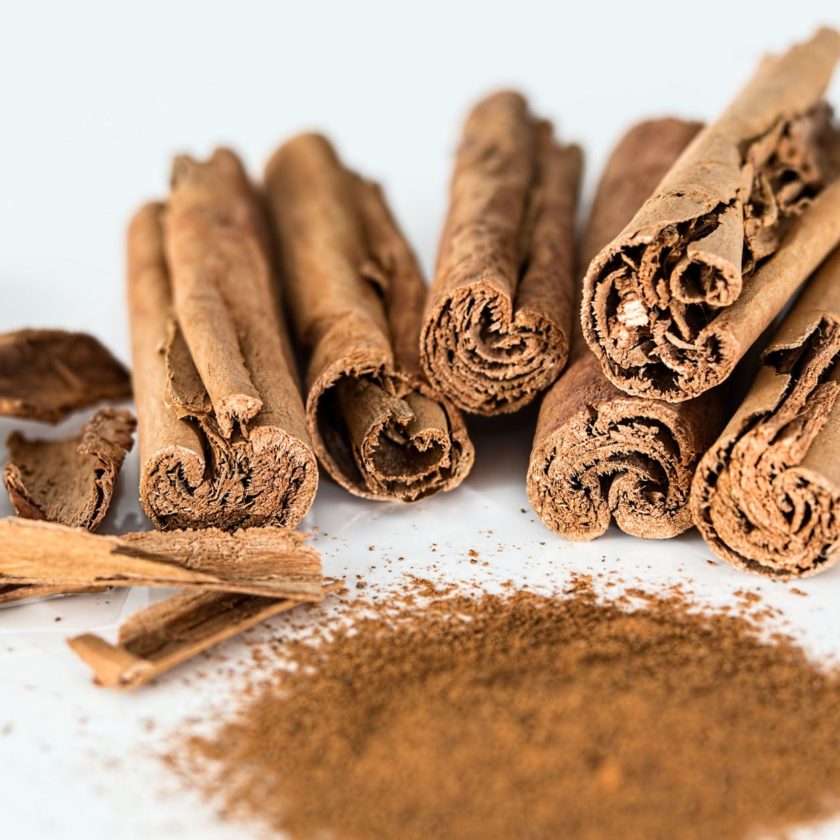Cinnamon contains cinnamaldehyde, a powerful agent that not only gives it spice and scent but also most of its health benefits. Cinnamon can be very effective in improving overall health if eaten in moderation. However, humans are not the only ones who can take advantage of cinnamon. Take a look at how cinnamon’s medicinal properties can also be beneficial for horses.
Antioxidant:
The main reason cinnamon is hailed as a superfood is because it is rich in antioxidants. In fact, studies consistently show that cinnamon has the highest antioxidant content compared to other common spices. Assistant professor of nutrition Lauri Wright chatted with SELF about the primary function of antioxidants, which is to eliminate free radicals in the body. These are harmful molecules linked with several chronic illnesses including cancer, autoimmune disorders, and inflammatory joint diseases, which are common in older horses.
Antibacterial:
Healthline explains that cinnamaldehyde can fight against bacterial and fungal infections because it acts as a herbal antibiotic. Cinnamon can help prevent the spread of infectious diseases such as those caused by bacterial presence in soil, insect or animal bites, fecal contamination, secretions, or contaminated equipment. Of course, equine vaccination is still recommended. Only use cinnamon to boost protection and treatment against common microbial infections.
Anti-diabetic:
A study on NCBI revealed that diabetes in horses and humans have key differences. However, horses also suffer from issues with glucose intolerance. Insulin resistance in horses is characterised by obesity, inflammation, and arterial hypertension which all contribute to equine metabolic syndrome (EMS). Horses with EMS are more likely to develop laminitis, which Everything Horse included in their list of the top five diseases that affect equine health. One of cinnamon’s most compelling benefits is its anti-diabetic effect that is demonstrated by two mechanisms. Cinnamon can boost sensitivity to insulin which lowers insulin resistance in effect; and it can regulate the breakdown of carbohydrates thereby reducing the amount of glucose in the body. The latter is a natural way to control blood sugar levels.
Currently, more studies are still needed to determine cinnamon’s exact effects on equine health. There’s also no conclusive data to set a safe when it comes to how much to digest. In a post by Foxy Bingo on cinnamon, they recommend consuming no more than 1 to 4 grams a day. But for horses, there isn’t enough research suggesting the correct amount because of their size – at least not yet. Experts also need to clarify how to incorporate cinnamon into their diet, whether through supplements or adding the spice to horse feed.
For more info, it would be best to consult an equine veterinarian on how to use cinnamon to promote equine health.




